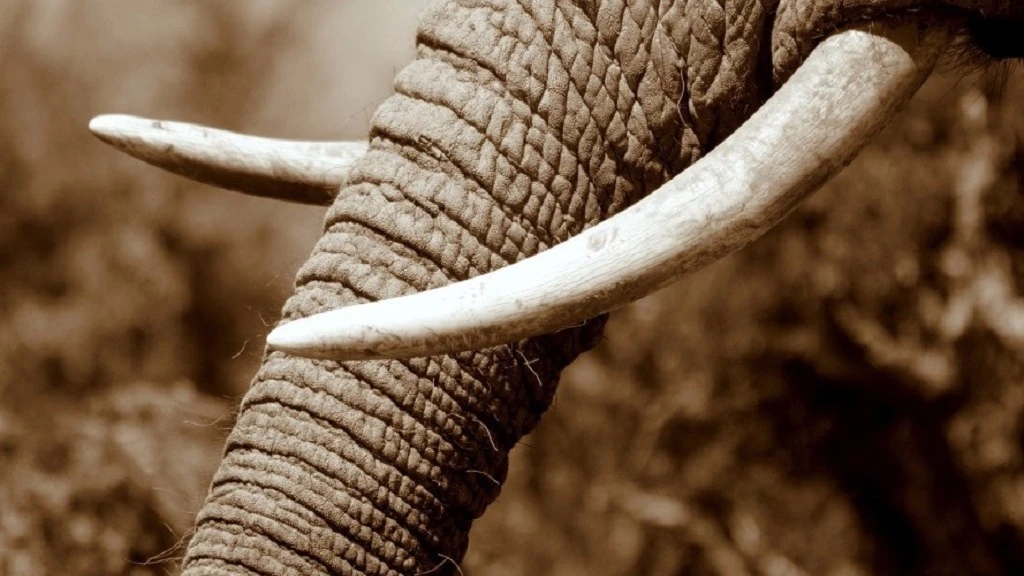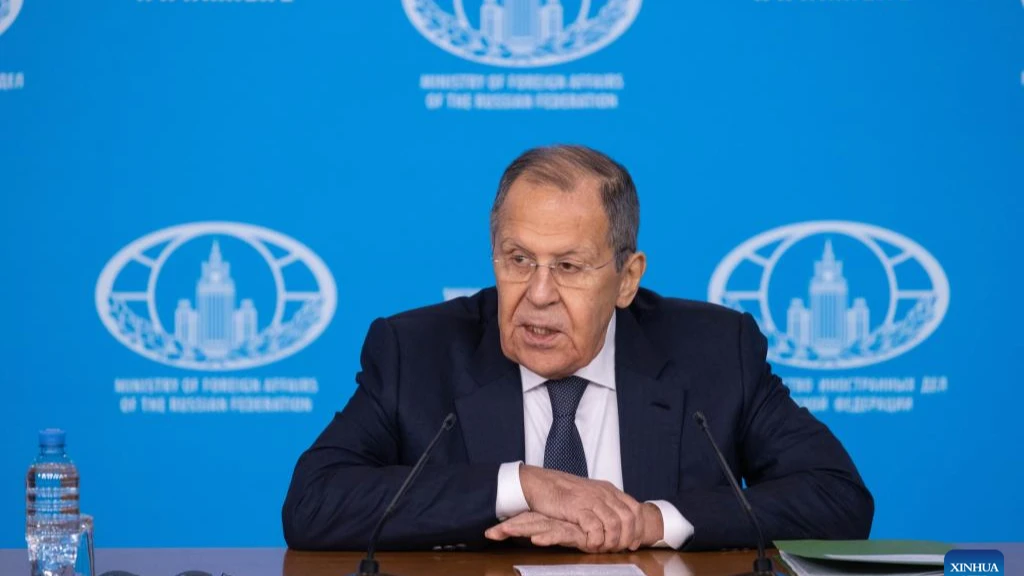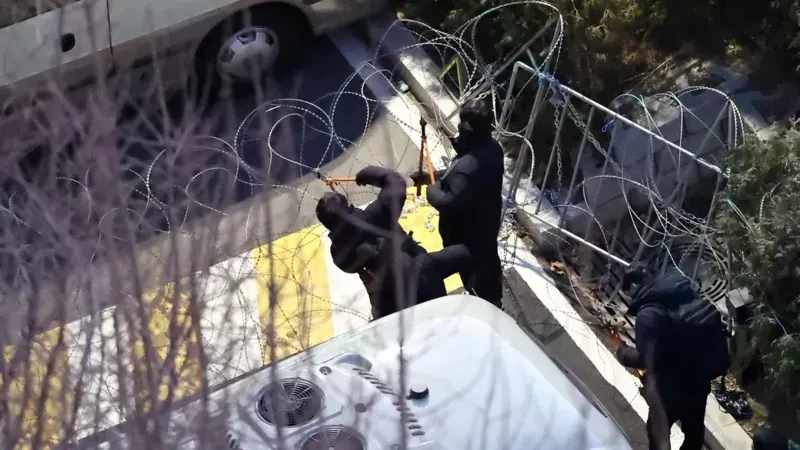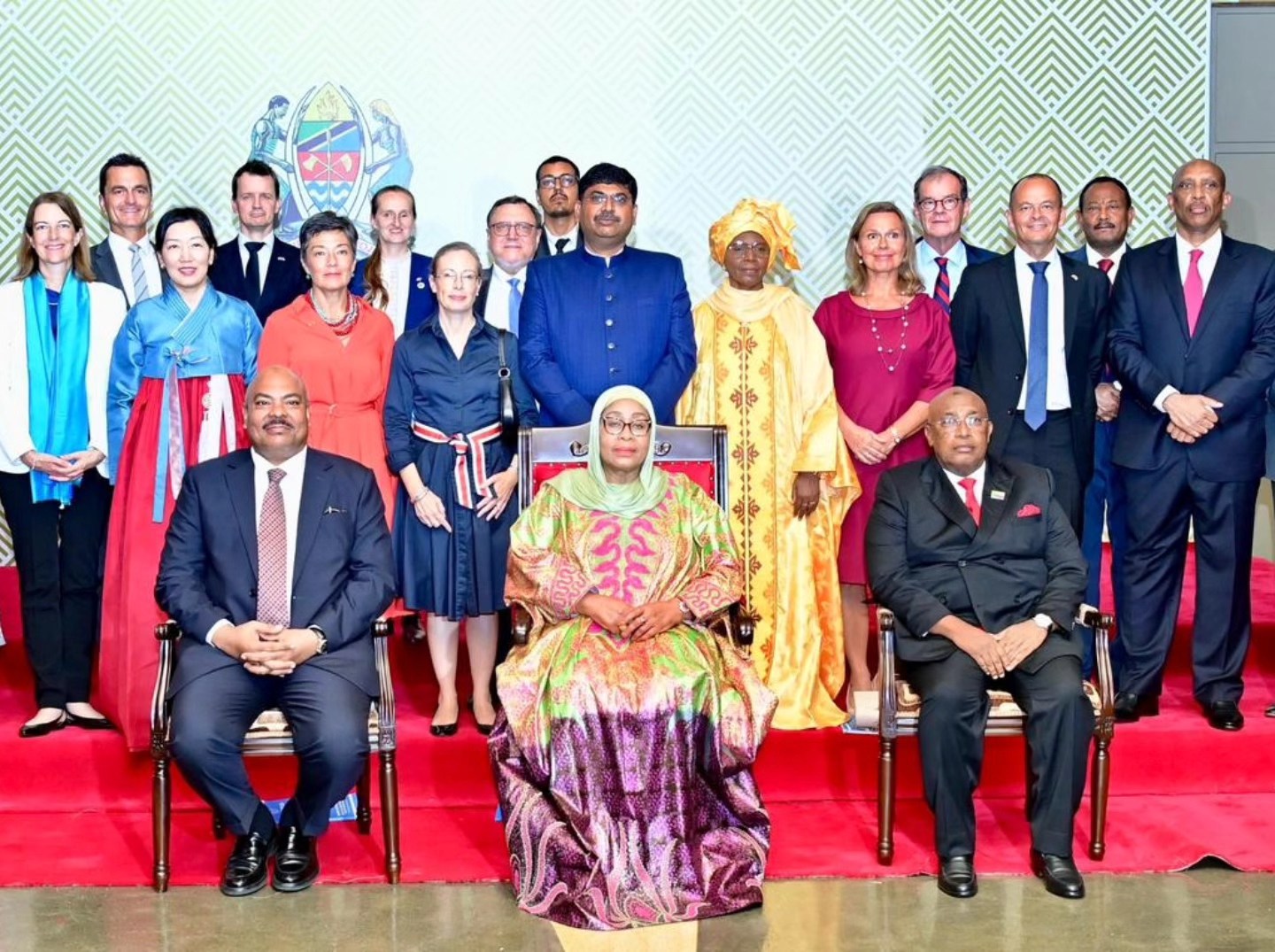Trophy hunting: Nairobi NGOs in jumbo petition

IN an event tailored to coincide with World Elephant Day, scientists and conservationists yesterday handed the Tanzanian High Commission in Nairobi a global petition with over 500,000 signatures collected since March 2024, demanding a ban on trophy hunting of elephants.
Dr Cynthia Moss, the founder of the Amboseli Trust for Elephants and Dr Joyce Poole, the scientific director of the Elephant Voices activist group, led in organising the campaign for the petition, calling for an end to trophy hunting of elephants along the country's border with Kenya, within the Tanzania part of the conservation zone.
A considerable number of activists turned up in the ceremony where the consortium sent the petition by courier to the country’s diplomatic mission and to the State House, all this availed at a press conference in Nairobi.
The petition emphasizes the significant ecological and economic value of the Amboseli–West Kilimanjaro elephant population, as a unique genetic reservoir that transcends national borders.
This reiteration follows a move by the Tanzanian authorities to issue hunting permits for ‘super tuskers’ targeting the Greater Amboseli–West Kilimanjaro elephant population, where the NGO leaders say five jumbos were targeted, hunted and killed by trophy hunters in Northern Tanzania in the last eight months.
Their major concern is that similar permits are set to be issued as the tourist peak season approaches, acknowledging however that management of elephants in Tanzania is recognized as the sovereign duty of the Tanzanian government.
Scientists writing to the two Heads of State affirmed that the elephant population is shared and its protection has been stable for three decades, relating to an extant bilateral agreement.
“The loss of these elephants is not just a blow to elephant populations but to our collective efforts in conservation,” the scientists asserted, elaborating that until last year 30 years of no elephant hunting incidences were maintained.
“The recent hunting wave was triggered by a new quota that was issued in 2022 to Kilombero North Safaris,’ they said, recalling that “the last unfortunate super tusker hunting incidence had been in 1994 leading to an international outcry when four well-known elephants (RBG, Sleepy, Saibulu, and Oloitipitip), subjects of the Amboseli Elephant Research Project, were shot by trophy hunters on the Tanzanian side of the border.”
As a result of public outcry, in 1995 a moratorium on trophy hunting on transboundary elephant population was agreed upon between the two countries, in which case the reinstitution of hunting permits “threaten the survival of iconic Kenya-Tanzania cross-border elephants, the largest in Africa,” the research director insisted.
Only 10 elephants with tusks weighing around 45 kg (100 lbs) each remain in the Amboseli ecosystem, a conservation area with the highest density of these animals, they asserted.
The ‘Voices’ director said that hunting could cause the super-tuskers to disappear within the next three years, they said, underlining that “the recent killings of super-tuskers are particularly concerning due to the rarity and special role these older males play in elephant society.”
Whereas Kenya banned hunting in 1977 and the prohibition remains in place, while it has lately become legal on the other side of the border as hunting companies obtain licenses for their clients.
The petition lodged on the international campaign site Avaaz was backed by more than 50 African conservation organizations, urging the Tanzanian authorities to collaborate with their Kenyan counterparts to protect the biggest jumbos as a shared natural heritage.
Dr Paula Kahumbu, CEO at Wildlife Direct remarked that the petition is directed at President William Ruto and President Samia Suluhu Hassan “to meet and agree on the shared immense scientific and economic value of preserving these cross-border elephants.”
The long-term benefits of ecotourism, science and conservation far outweigh the short-term gains from trophy hunting in one country, she declared, while the petition seeks to “highlight unethical hunting practices, including use of helicopters to locate elephants and the burning or burying of carcasses to conceal evidence.”
Dr Winnie Kiiru of the Elephant Protection Initiative linked with the Mpala Research Center echoed these sentiments, stating that “the killing of these iconic elephants for ’sport’ is morally troubling and economically short-sighted.
Top Headlines
© 2025 IPPMEDIA.COM. ALL RIGHTS RESERVED






















